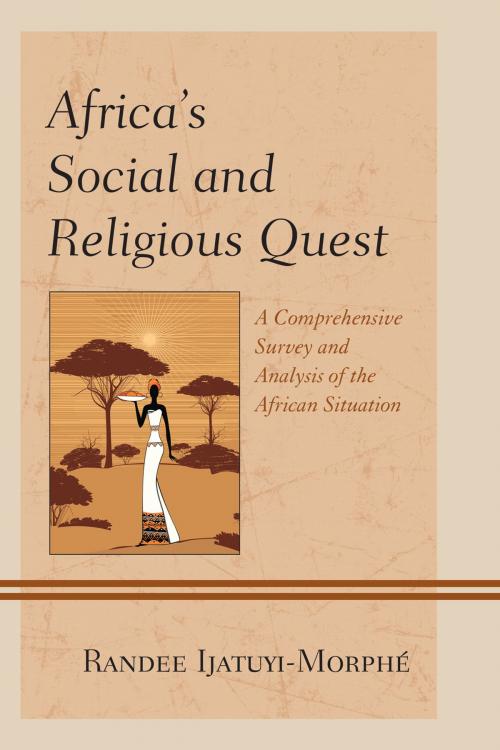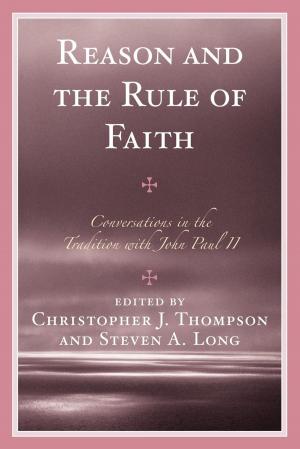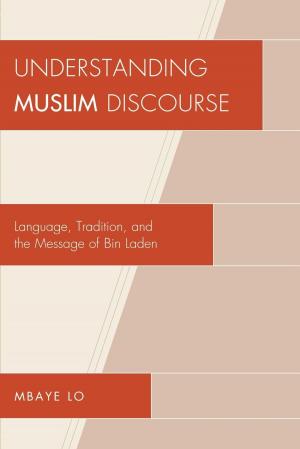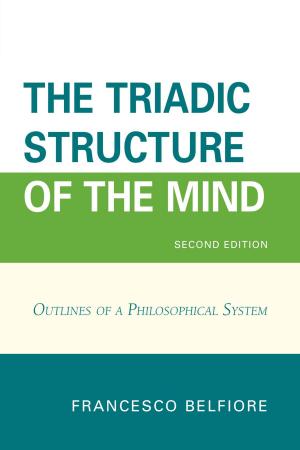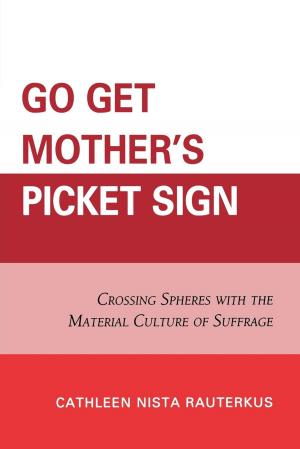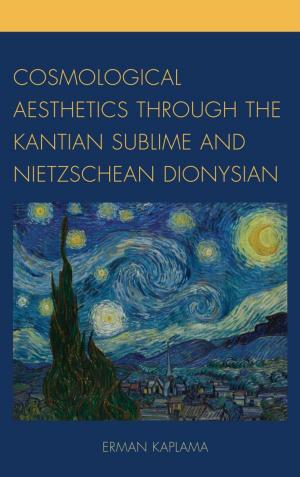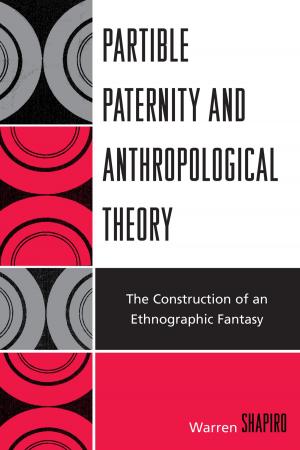Africa's Social and Religious Quest
A Comprehensive Survey and Analysis of the African Situation
Nonfiction, Religion & Spirituality, Philosophy, Good & Evil, History, Africa, Ethics & Moral Philosophy| Author: | Randee Ijatuyi-Morphé | ISBN: | 9780761862680 |
| Publisher: | UPA | Publication: | January 30, 2014 |
| Imprint: | UPA | Language: | English |
| Author: | Randee Ijatuyi-Morphé |
| ISBN: | 9780761862680 |
| Publisher: | UPA |
| Publication: | January 30, 2014 |
| Imprint: | UPA |
| Language: | English |
This well-crafted book probes the key dimensions of Africa’s existential predicament. It constitutes an intellectual response to a gnawing “African situation”—the starting point for grasping Africa’s social and religious quest. Beyond split explanations of external versus internal factors (e.g., colonization/slavery vs. leadership/cultural values), this study accounts more comprehensively for emergent issues shaping this situation. The situation reflects a gamut of problems in traditional African religion and material culture, which hitherto defines African communality, polities, and destinies vis-à-vis the cosmos and nature. Thus, African religion and communities, each with its own attendant values, do not operate by critical engagement with larger issues of society and civilization, especially those shaped by the advent of (post-) modernity. Rather, they operate via adaptation. The communal drive for natural and social harmony inevitably produces a preservationist view of culture (“leaving things as they are”). This study takes an integrative approach to religion, society, and civilization; eschews dichotomies; and broadly defines and re-signifies life and wholeness as a true end of Africans’ quest today.
This well-crafted book probes the key dimensions of Africa’s existential predicament. It constitutes an intellectual response to a gnawing “African situation”—the starting point for grasping Africa’s social and religious quest. Beyond split explanations of external versus internal factors (e.g., colonization/slavery vs. leadership/cultural values), this study accounts more comprehensively for emergent issues shaping this situation. The situation reflects a gamut of problems in traditional African religion and material culture, which hitherto defines African communality, polities, and destinies vis-à-vis the cosmos and nature. Thus, African religion and communities, each with its own attendant values, do not operate by critical engagement with larger issues of society and civilization, especially those shaped by the advent of (post-) modernity. Rather, they operate via adaptation. The communal drive for natural and social harmony inevitably produces a preservationist view of culture (“leaving things as they are”). This study takes an integrative approach to religion, society, and civilization; eschews dichotomies; and broadly defines and re-signifies life and wholeness as a true end of Africans’ quest today.
